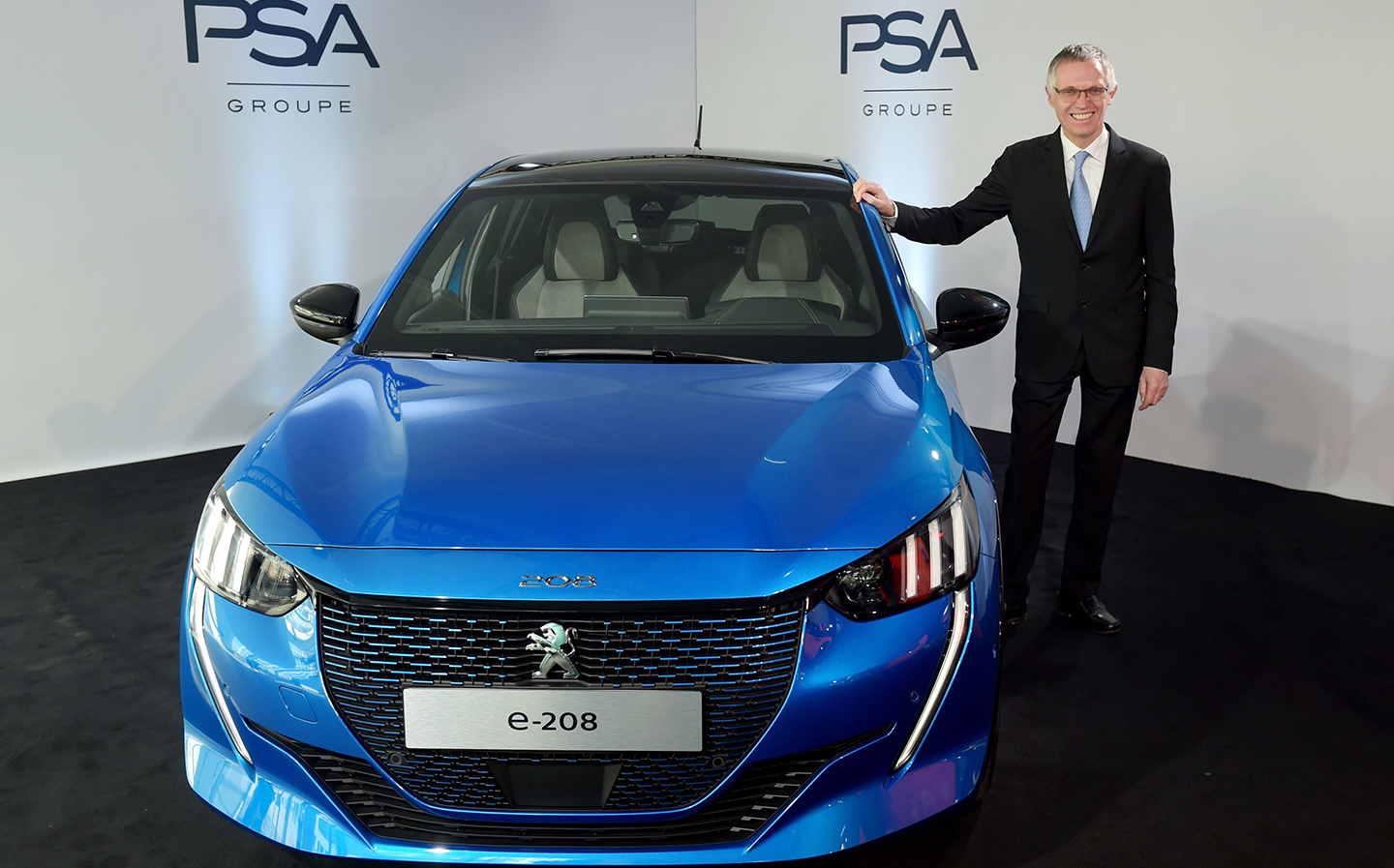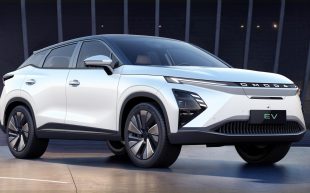Peugeot boss: 'Why should my company pay for electric car chargers?'
The politicians are pushing for electric cars — they should fund the infrastructure, argues Tavares
THE HEAD of Groupe PSA, which owns car brands including Peugeot, Citroën and Vauxhall, has said his company will not help fund the rollout of nationwide electric vehicle recharging networks.
At the launch of the new Peugeot e-208 electric supermini in his native Portugal, Carlos Tavares said that building public charging points is not part of PSA’s core business, and not its responsibility.
Other electric car makers are taking a different approach. Tesla has created perhaps the most expansive network of bespoke rapid chargers for its customers, with nearly 15,000 “Superchargers” at more than 1,600 locations across North America, Europe, and Asia. In March, the American company said that “more than 99% of the U.S. population is covered by the network, and we anticipate similar coverage in Europe by the end of 2019”.
Last month, Hyundai and Kia announced that they were joining BMW, Ford, Daimler and Volkswagen in a joint venture called Ionity, which is rolling out its own network of high power renewable charging stations across Europe. Ionity says it has around 140 charging stations in 14 countries, with a further 50 under construction.
Asked if PSA would be likely to invest in the Ionity charging network to cater for buyers of its new electric vehicles, which will also soon include the Vauxhall Corsa-e and upmarket DS 3 Crossback E-Tense, Tavares responded with his own question: “Is it profitable?”
The businessman said he cannot see a robust business case for PSA to fund public chargers, and that he has “an ethical responsibility” towards his employees to keep the company profitable.
He said: “We are not in the business of making highways. We are not in the business of making roads. We are not in the business of making petrol stations. We are not in the business of making charging networks.”
“If the people’s representatives have voted for electric vehicles, they have to fund the investment of the charge network”
Tavares added that it is up to politicians to ensure that the charging networks are fit for purpose as the numbers of electric vehicles on the roads increase.
He said: “At the end of the day, car makers will not invest in charging networks because they’re not sure that this is the right technology. Why? Because it’s not their choice, it’s the choice of the parliaments.”
Tavares argued that diesel engines are well suited to meeting tough CO2 targets, but the latest regulations have been decided without a “technology neutral” approach.
“They [the legislators] have decided the only way to meet the [CO2] regulation is to go electric,” he said. “[But] over the last two years CO2 emissions have gone up again. Why? Because someone decided to kill diesel. CO2 is going up again. Well, congratulations that’s what you wanted to do.”
He continued: “We have people over there [in politics] not listening to all the stakeholders. You know how many engineers we have [in the automotive sector]? 150,000 engineers. Those politicians are telling us that they discard the scientific power of 150,000 engineers. They could enjoy the power of all those guys. Germans, French, Spanish, Brits — 150,000 people working for society, trying to find the most cost effective way of fixing global warming.
“If the people’s representatives have voted for electric vehicles, they have to fund the investment of the charge network, as much as they fund the electricity infrastructure. As much as they fund any kind of other infrastructure.
“You are deciding the technology then you are surprised that the car makers are not investing in the charging network? You are deciding, so you pay for it.”





